President William Ruto now says the shortage of subsidised fertiliser in the country is due to the ongoing conflict at the Red Sea that has delayed supply to Kenya.
Speaking on Wednesday, March 20 during the Kakamega Investment Conference, the President said the government was expecting the fertiliser shipment to arrive earlier this month.
However, Ruto assured farmers that the fertiliser will arrive at the Mombasa Port by April 10, 2024.
“The fertiliser subsidy programme is on course, we have had challenges because of intermittent supply. The fertiliser we were expecting early this month will be arriving by the 10th of April because of the challenges we have at the Red Sea,’’ said Ruto.
He added, “We have had alternative sources of fertiliser and I want to assure the farmers in Kenya that the Government of Kenya will make sure that the Ministry of Agriculture is working around the clock to ensure every farmer gets the requisite fertiliser before the season is over.’’
Read More
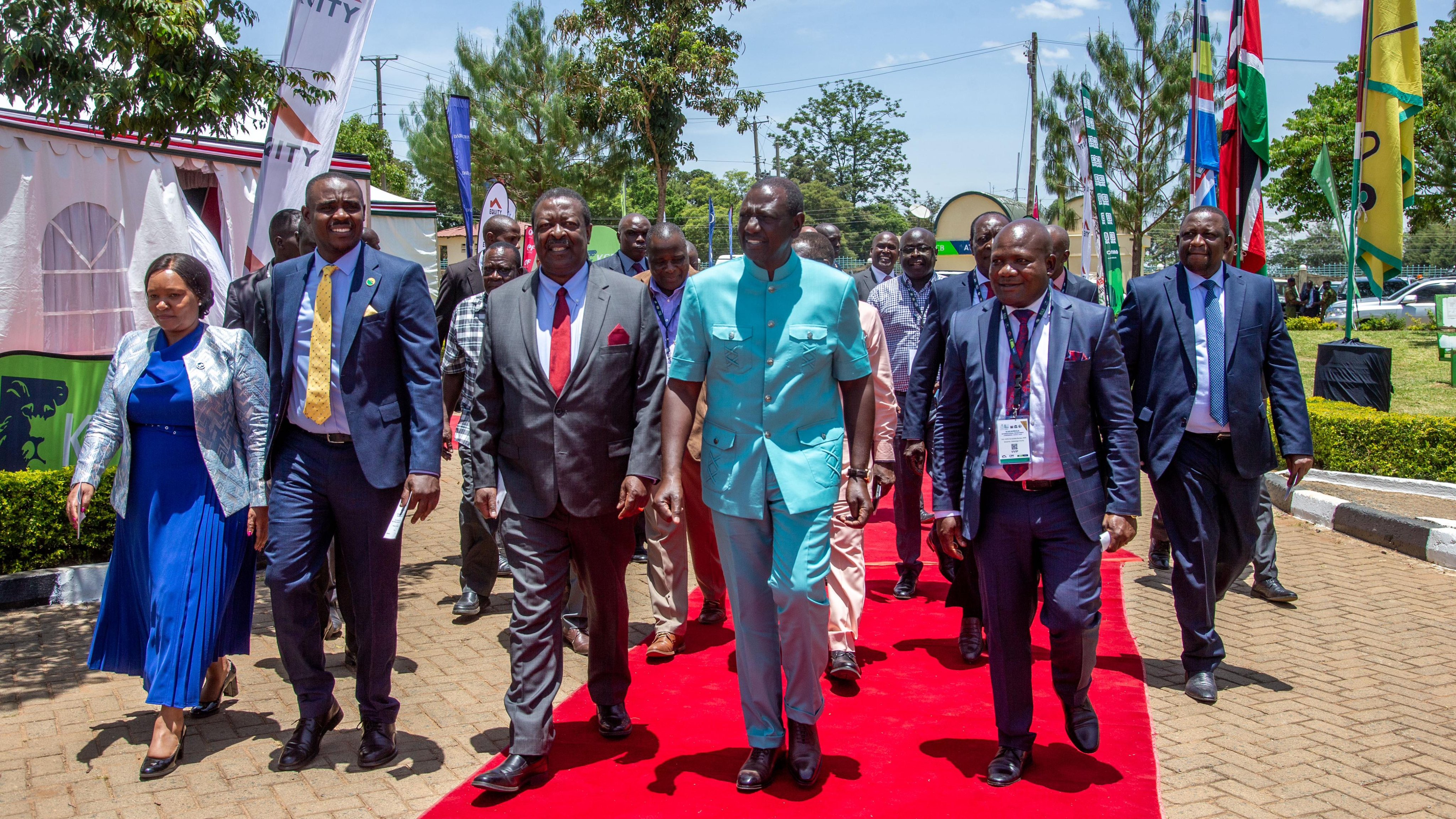
At the same time, President Ruto issued a warning to suppliers selling fake seeds and fertilisers to farmers saying the government would deal with them.
The Head of State noted that security officials have already arrested individuals taking advantage of the subsidised fertiliser programme to sell fake fertilisers to unsuspecting Kenyans.
“We are also going to ensure that those who sell fake seeds of fake fertilisers face the music that they deserve. Just today we have arrested some of the characters who want to take advantage of our fertilizer supply and programme and we have many more in court because we must eliminate corruption,” Ruto added.
The Red Sea conflict began on October 2023, when the Iran-backed Houthi movement in Yemen launched missiles at Israel, demanding an end to the invasion of the Gaza Strip.
The attacks have disrupted global shipping, forcing firms to reroute to longer journeys around southern Africa.
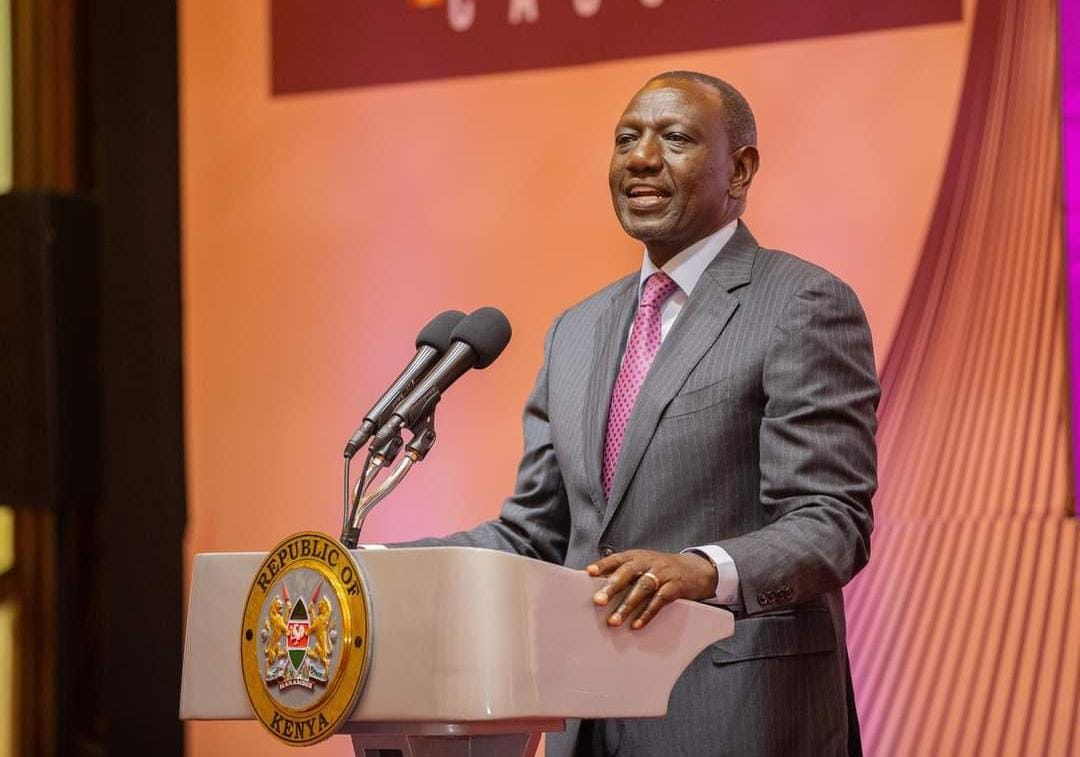
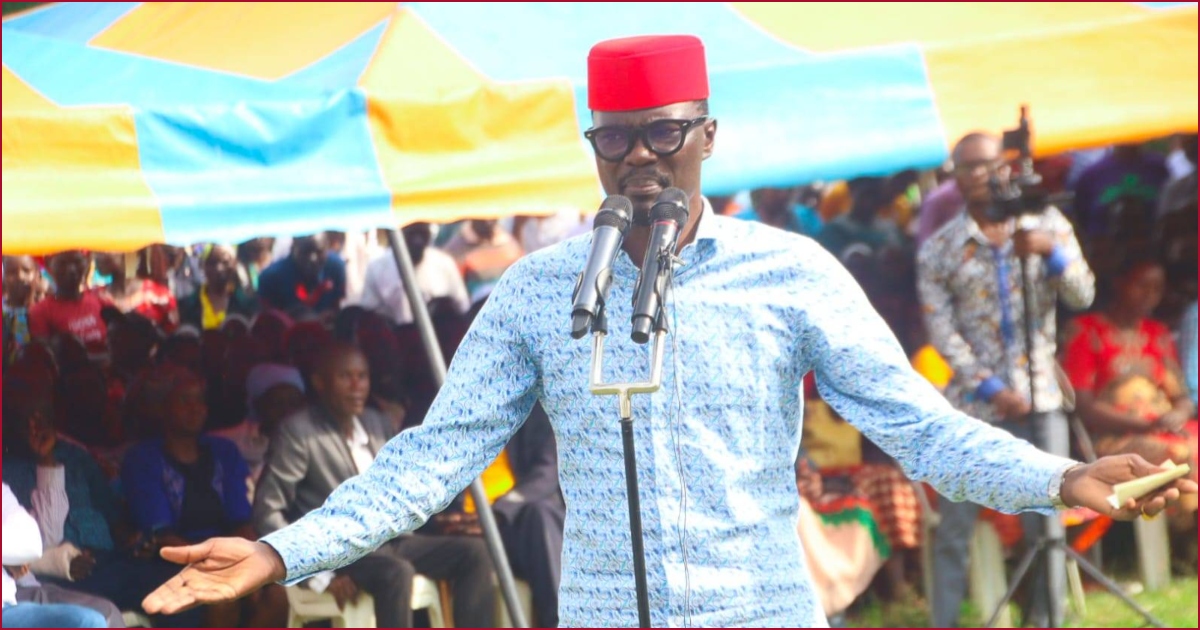
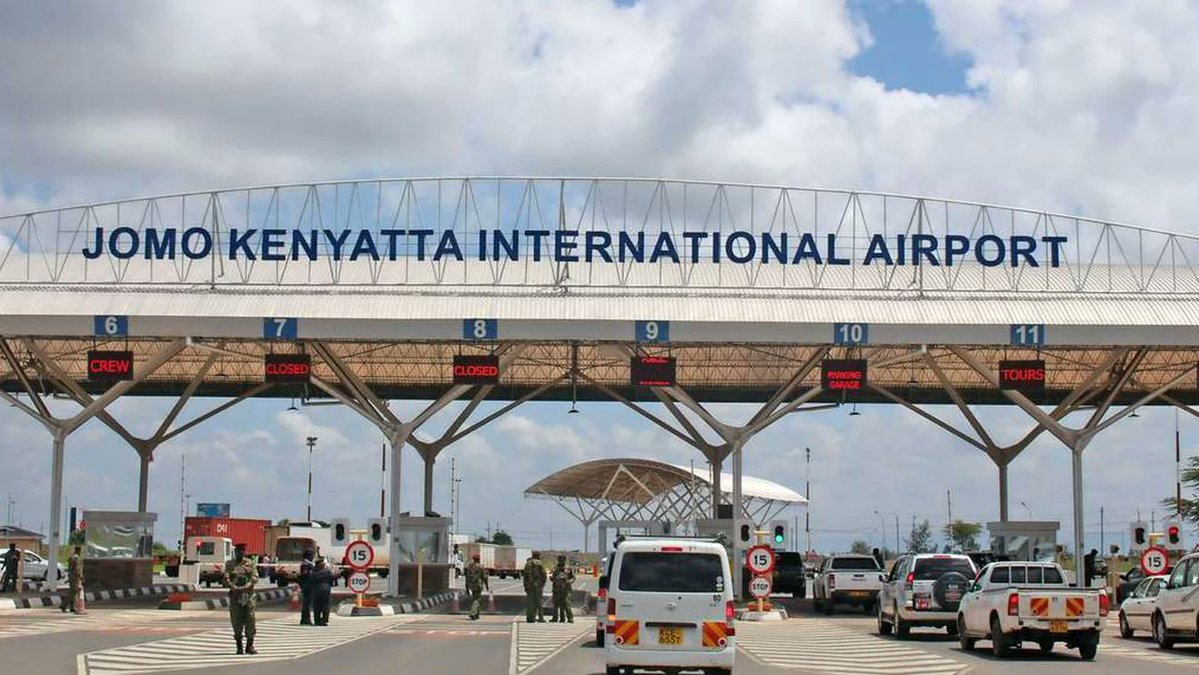
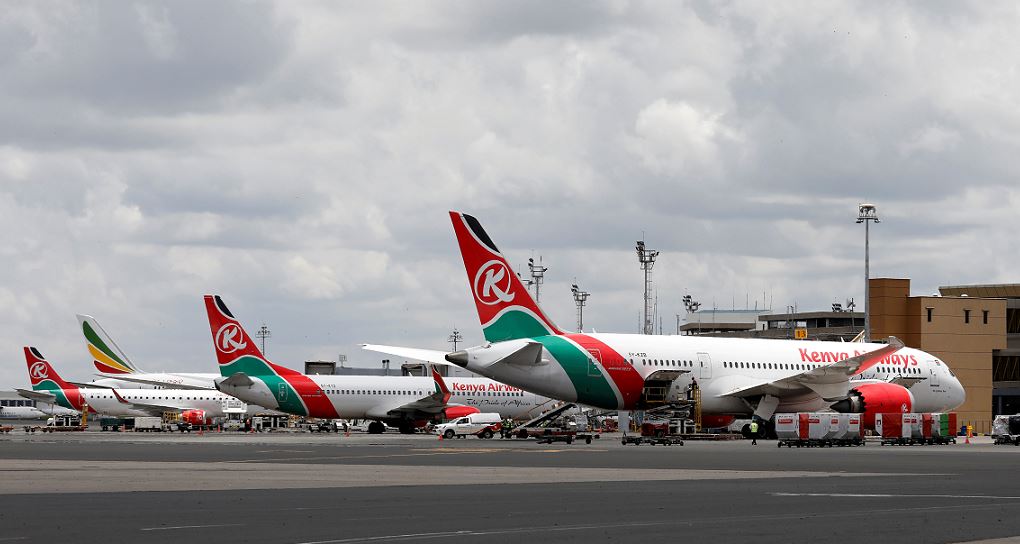
-1670665275.jpg)

-1714135201.jpg)